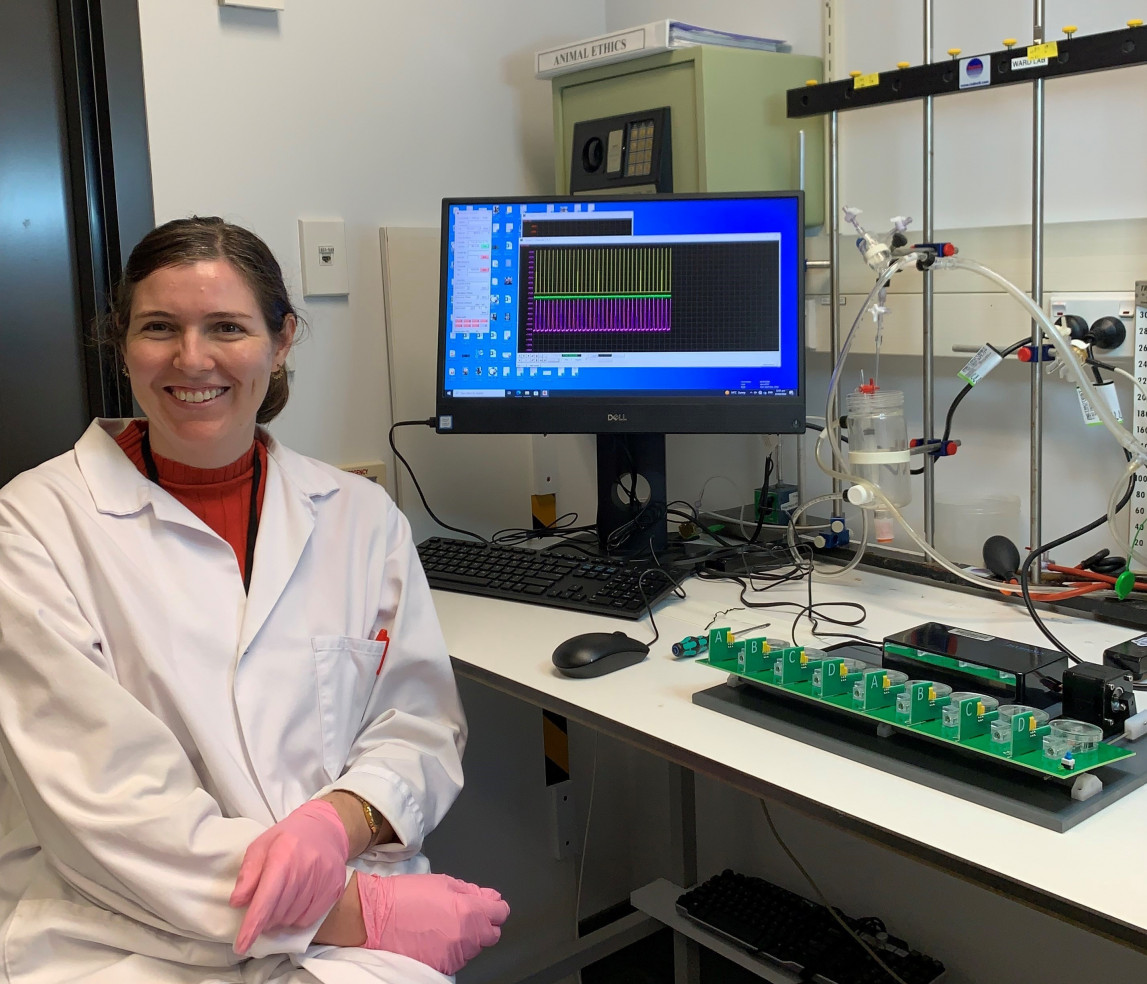Why do our hearts fail at high temperatures? Investigating the effect of heat stress on mitochondria from healthy and diseased hearts

All human hearts are vulnerable to heat stress, and heat-induced heart failure will only become a more pressing issue as the planet continues to warm. In this project, Dr Amelia Power from Waipapa Taumata Rau the University of Auckland will investigate the role of mitochondria in determining heat tolerance of healthy and diseased hearts
Published on 7 Whiringa-ā-rangi November 2024
Hot weather makes the heart work harder, increasing the energy required to keep it beating. Our heartbeats are usually powered by organelles inside of our heart cells called mitochondria, which use oxygen to convert chemicals from food into energy the cell can use. However, at very high temperatures, mitochondria become damaged or ‘leaky’, preventing them from generating the energy needed for heart cells to maintain our heartbeat. What determines the “critical temperature” when heart mitochondria fail, and how is this altered in people with cardiovascular disease?
In this Marsden Fund Fast-Start project, Dr Power will investigate how mitochondria in healthy and diseased heart cells respond to heat stress. They will use live heart tissue isolated from healthy patients and those with heart disease to determine if diseased hearts are more sensitive to heat. Advanced microscopy techniques will then be used to examine what high temperatures do to mitochondria from healthy and diseased hearts on the nanoscale level. Finally, Dr Power will investigate whether drugs that stabilise the mitochondrial membrane could protect us from heat-induced heart failure.
The findings from this study will have significant implications for public health and cardiovascular health outcomes on a global scale. Although Aotearoa New Zealand is considered a temperate climate, extreme heat events are predicted to become more frequent and intense. As temperatures continue to rise globally, understanding the interplay between heat stress and mitochondrial function will be essential for developing effective countermeasures.

Dr Power with the culture system that will keep heart tissue samples beating (photo supplied)
